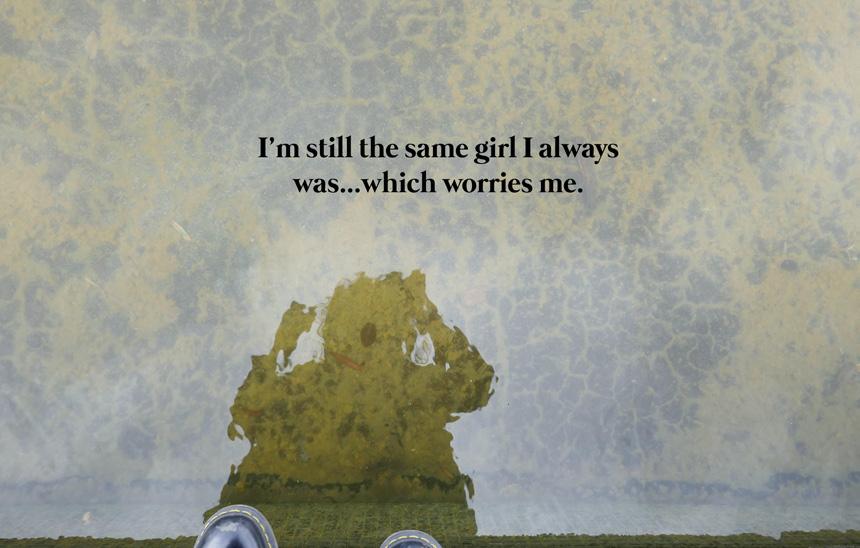
2 minute read
Interweb of lies
INTERWEB OF LIES
Natasha Matila-Smith’s contribution to SCAPE Public Art Spring Season 2020 is a wordy number influenced by internet culture. Cityscape messages her to find out more.
Advertisement
Can you describe the artwork for us?
I’ve created a series of text and graphic works for SCAPE titled Frank, Love and the Apocalypse (2020). My practice addresses themes such as unrequited love, limerence, modern intimacy and online identities; it’s also littered with pop-culture references and nostalgia for things that may not have ever been real, like the perfect French boyfriend. Consisting of six still billboards and a short time-based work, they sometimes read like a diary entry, sometimes like a conversation, and yet other times, because of the scale and location, like an advertisement. How
will people view or interact with it?
Hopefully people get to literally sit with the work or stop to read it. There is often a lot of room for the imagination with short-form texts, like who am I talking to, whether or not what I’m saying is true or embellished,

how society might put pressure on us to be a certain way, and does the internet liberate us or does it exacerbate our anxieties? There is also this accessibility with text-based art that I enjoy playing with. I want it to be accessible to people, whether they are arts educated or not. But also, hoping that they won’t take everything at face value and can come to some of their own conclusions and fill in the quite literal blanks. The theme of
this SCAPE season is Secrets and Lies –
how does your work fit that theme? In these works I spend a lot more time ruminating over what could be, and romanticising a pre Covid-19 idea of intimacy. I think that secrets and lies, with my work, become more like confessions and delusions, vulnerable and not vulnerable, it’s kind of a matter of perception. Your work as
a whole seems to fit perfectly with this theme – it's influenced by internet culture. How does that relate to secrets and lies?
My life is intertwined with internet culture. It’s there when I wake, when I’m awake and when I go to sleep. It has also been an interesting tool for those that don’t have the best social skills, but also can be a place where the worst of you can become much more intensified. With that said, I’m not commenting on whether the internet is a positive or negative space, it just is. You
confess a lot about yourself in your work – is that cathartic? Is it anxiety-inducing?
What I consider personal is different to what the next person considers personal. I find a lot of viewers feel personally connected to my previous works because while my experiences and feelings belong to me, they’re universal. I am trying to communicate and connect, but the point is that intimacy is hard to achieve this way. There’s no easy formula to intimacy. So the compulsion to post online is born from an ultimately futile desperation to be intimate. scapepublicart.org.nz










